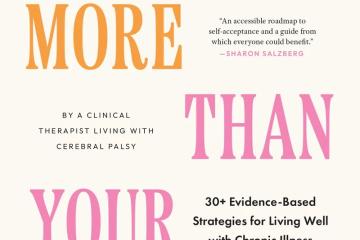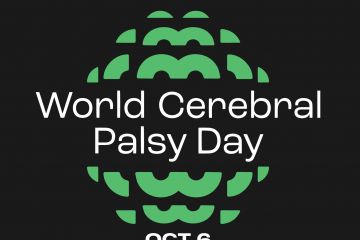Reproductive Healthcare Experiences of Women with Cerebral Palsy
Background
Little is known about pregnancy rates in women with disabilities in general and even less is known about women with child-onset disabilities such as cerebral palsy (CP).
Hypothesis
We hypothesized that discussions about pregnancy with healthcare providers and pregnancy rates for woman with CP would be related to their functional levels.
Methods
Survey methodology was used to gather information about demographics, function, whether women were asked about their desire for children, pregnancy outcomes, and services offered during pregnancy and postpartum.
Results
Of the 375 women with CP who participated in the survey, 76 (20%) reported 149 pregnancies resulting in 100 live births. Using Chi square statistics, mobility, manual dexterity, and communication function were significantly higher in women who were queried about or who experienced pregnancy. More than half of the women experienced a loss of mobility during pregnancy but few received referrals for physical or occupational therapy. Few reported screening for postpartum depression. A higher rate of Cesarean sections (50.4%), preterm births (12.1%), low birth weight infants (15.7%), and very low birth weight infants (7.1%) was reported by women with CP compared to national statistics.
Conclusions
Pregnancy rates and discussions were related to functional levels. As 20% of women with CP surveyed experienced pregnancy, there is a need to increase awareness, education, support, and advocacy for achievement of optimal reproductive health. More research is needed to identify factors contributing to maternal and infant health in women with CP.
Authors
KatharineHaywardPhD, MPHaAngela Y.ChenMD, MPHbElizabethForbesMPHbRachelByrnePTcMarcia B.GreenbergMS PTdEileen G.FowlerPT, PhDad






